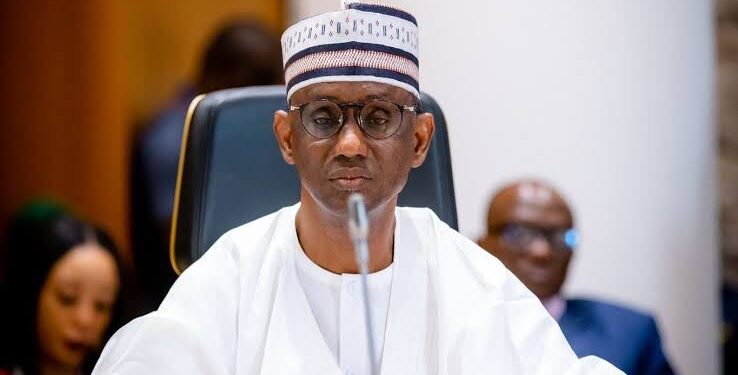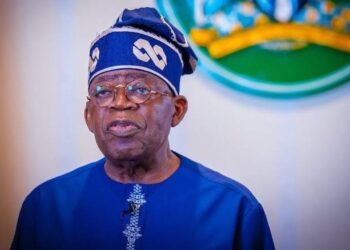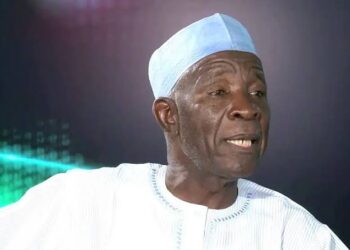The Federal Government has expressed strong interest in further investigating the Gulf of Guinea (GoG) as a significant route for arms trafficking into Nigeria. This was disclosed by the National Security Adviser (NSA), Nuhu Ribadu, during a seminar held in Abuja on Tuesday.
Ribadu, who was represented by the Director of External Affairs from the Office of the NSA, Ibrahim Babani, pointed to several reports highlighting the smuggling of small arms and light weapons (SALW) through the maritime sector.
Ribadu stated that the Federal Government aims to interrogate the flow of illegal weapons in the Gulf of Guinea more thoroughly, noting the region’s critical role in the trafficking of arms into Nigeria. He emphasised the urgency of the situation, stating, “Though there have been reports on the proliferation of SALW through the maritime sector, the government is interested in further interrogation of the GoG as a major route for arms trafficking.”
Additionally, the NSA underscored the evolving threats in the Gulf of Guinea, noting that maritime crimes have shifted from looting oil cargos to kidnapping seafarers. He described this transition as a cause for concern, bringing the problem of maritime security and arms smuggling into sharper focus.
Ribadu also highlighted the economic importance of the Gulf of Guinea, which holds an estimated 24 billion barrels of crude oil reserves and supplies around five million barrels of oil daily to global markets. However, the region’s wealth has attracted criminal organisations involved in piracy, oil theft, drug and human trafficking, and the smuggling of small arms.
The seminar also addressed the links between climate change, armed conflict, and weapons trafficking. Ribadu pointed out that organised crime syndicates are taking advantage of vulnerabilities in the Gulf of Guinea, where environmental and security challenges make it a hotspot for illegal activities.
Retired DIG Johnson Kokumo, Director General of the National Centre for the Control of Small Arms and Light Weapons (NCCSALW), emphasised that climate change is increasingly a driver of instability in the Gulf of Guinea and other regions, fuelling displacement and escalating the demand for arms. He called for stronger national and regional cooperation in arms control, conflict mitigation, and environmental resilience to counter these growing threats.



































